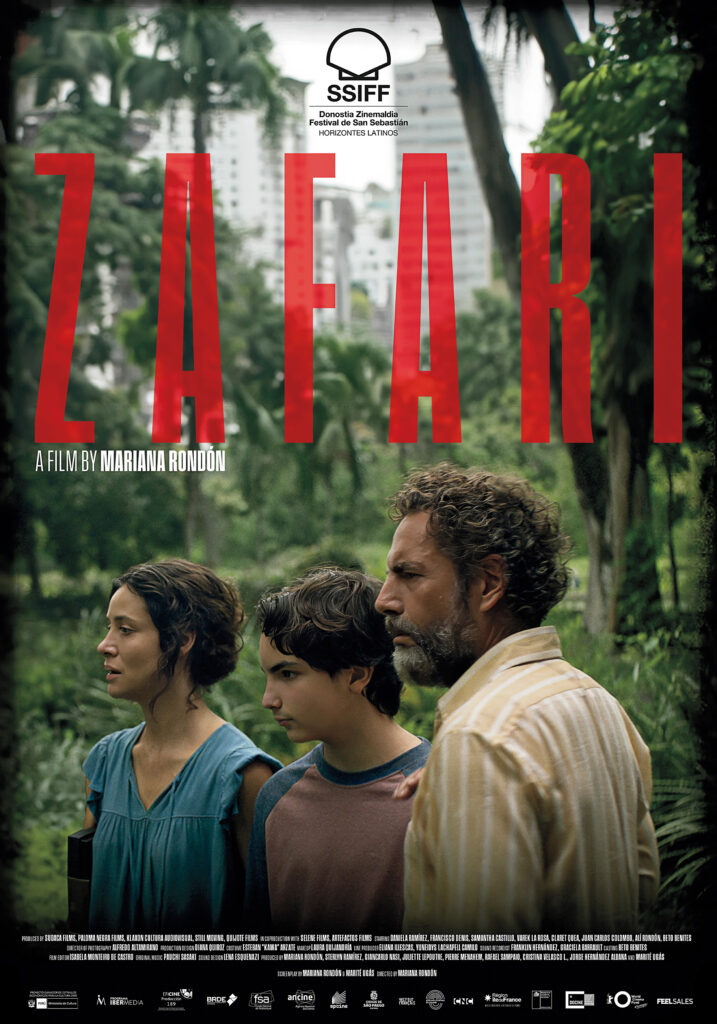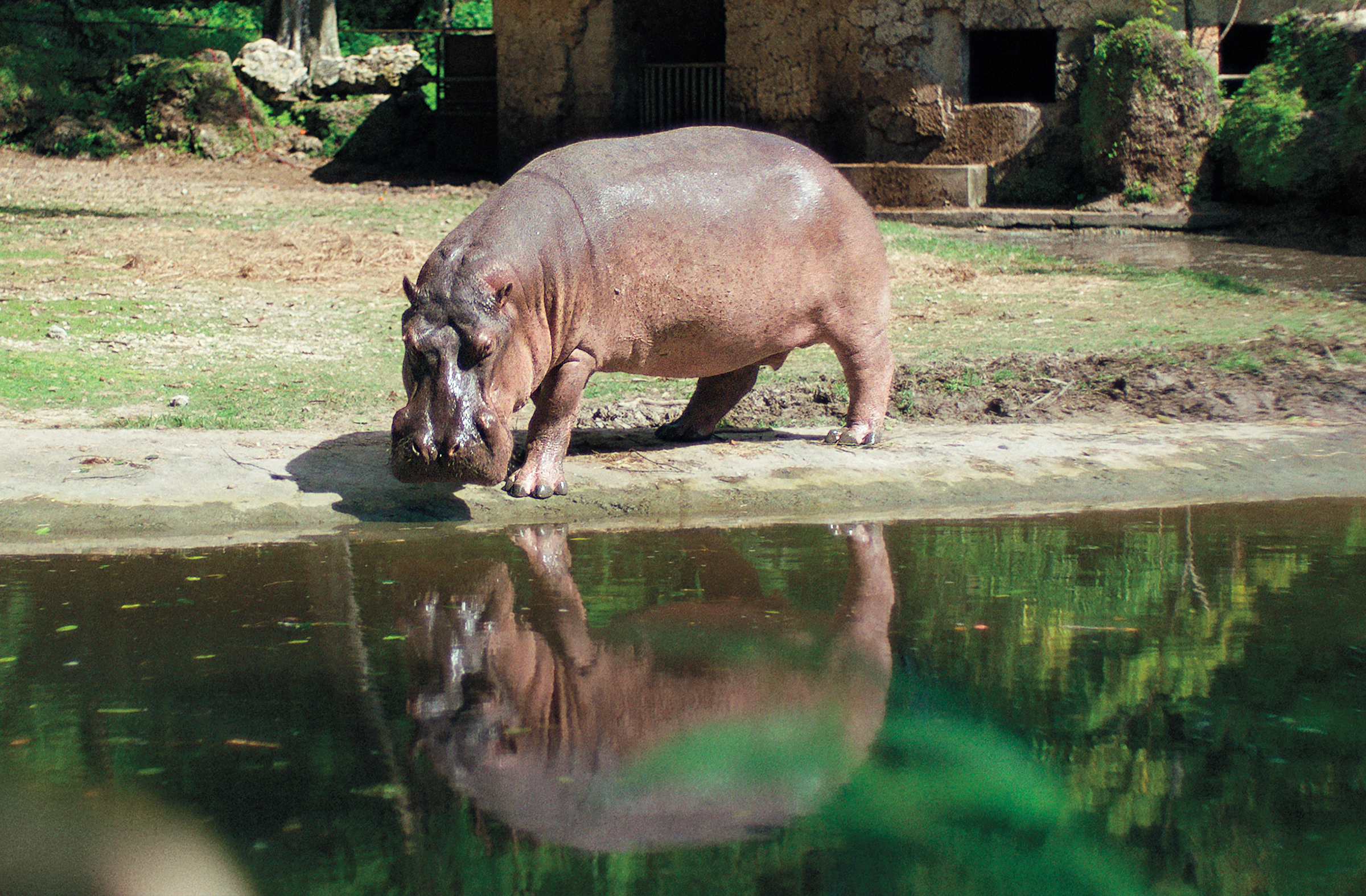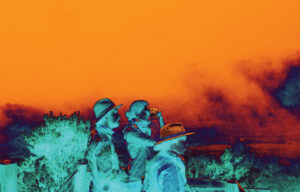This article is adapted from AQ’s special report on trends to watch in Latin America in 2025.
Ten years ago, a 30-year-old hippo died in Caracas after eating two rubber balls, presumably left behind by visitors of the zoo in which he lived. His name was Safari. News of his death spread along with denunciations of the zookeepers’ neglect. Safari was malnourished, and when his stomach began to swell—an alarming sign of his fatal meal—no one did anything to help him.
It’s no coincidence, of course, that this tragedy took place around the same time that Venezuela began to fall apart in earnest. Hyperinflation, food shortages and blackouts are only a few of the afflictions that spurred an exodus that now totals nearly 8 million. Loosely inspired by the sad story of Safari, Venezuelan filmmaker Mariana Rondón tells a different tale about a hippopotamus stuck in an unnamed society on the verge of collapse. In her newest film, Zafari, the titular animal unites seemingly irreconcilable strangers and pushes them to reassess their moral limits, exposing the frailty of social class and societal mores in the face of extreme hardship.

Zafari
Directed by Mariana Rondón
Screenplay by Mariana Rondón and Marité Ugas
Distributed by Feelsales
Screenplay by Klaudia Reynicke and Diego Vega
Peru, Mexico, Venezuela, France, Chile, Dominican Republic and Brazil
Starring Daniela Ramírez, Francisco Denis, Samantha Castillo, and Alí Rondón
Zafari begins in a world of stark social divisions. The quiet and stern Ana lives in a well-appointed apartment with her husband, Edgar, and their teenage son, Bruno. Yet much to their chagrin, the uncouth Romeros move into the zoo next door to take care of the animals, Zafari included. The newcomers quickly develop a scheme to use their wealthy neighbors’ pool. Once successful, they play reggaeton and dance lewdly for others to watch. Meanwhile, Ana and Edgar’s attempts to strictly separate the two families fail spectacularly.
Over time, distinctions between rich and poor come to feel more and more tenuous, as everyone is forced to mingle with—and sometimes even rely on—each other. After all, they live in a country with no reliable access to food, water, or power. Ana, for instance, initially spends her days sneaking into her building’s empty apartments and stealing whatever goods she can find, because her money has little purchasing power in a society racked with perennial shortages. With the Romeros around, the possibility of bartering and profiting from the zoo’s resources happily materializes.
During moments of high-pitched necessity, the movie suggests, class divisions break down. Everybody faces the same predicament, and cooperation helps people survive. For all that, Rondón’s Zafari becomes thought-provoking when it takes this premise one step further. The movie’s Zafari, unlike the real-life Safari, does not die from rubber food poisoning. He is instead murdered by Edgar and his lower-class neighbor, Ali. They kill to eat. An act of cruelty that would otherwise never be committed becomes necessary and accepted. Norms—including who deserves death and what counts as legitimate food—suddenly appear less fixed and innate.
History offers numerous examples of people resorting to similarly desperate acts to survive. During the 1870 siege of Paris, the French killed and ate rats, dogs, cats, and even elephants. Perhaps appropriately, a sense of universality is borne out by the film’s setting, which features no distinctive landmarks. We know the characters must live in Latin America, but beyond that, they could be anywhere. In a recent interview, Rondón admitted, “I’m not just referring to Venezuela, I’m talking about the Peru of the 1980s, about the Argentina of the future, about (Jair) Bolsonaro’s Brazil.”
The impulse to transcend place and time gives Zafari a fable-like quality. With the specifics of Venezuela’s current dilemma stripped off, we are left with animals looking to fill their bellies. Their wolfish exploits remind us of the grounds on which our righteous ways of life stand—and just how fragile they are.









